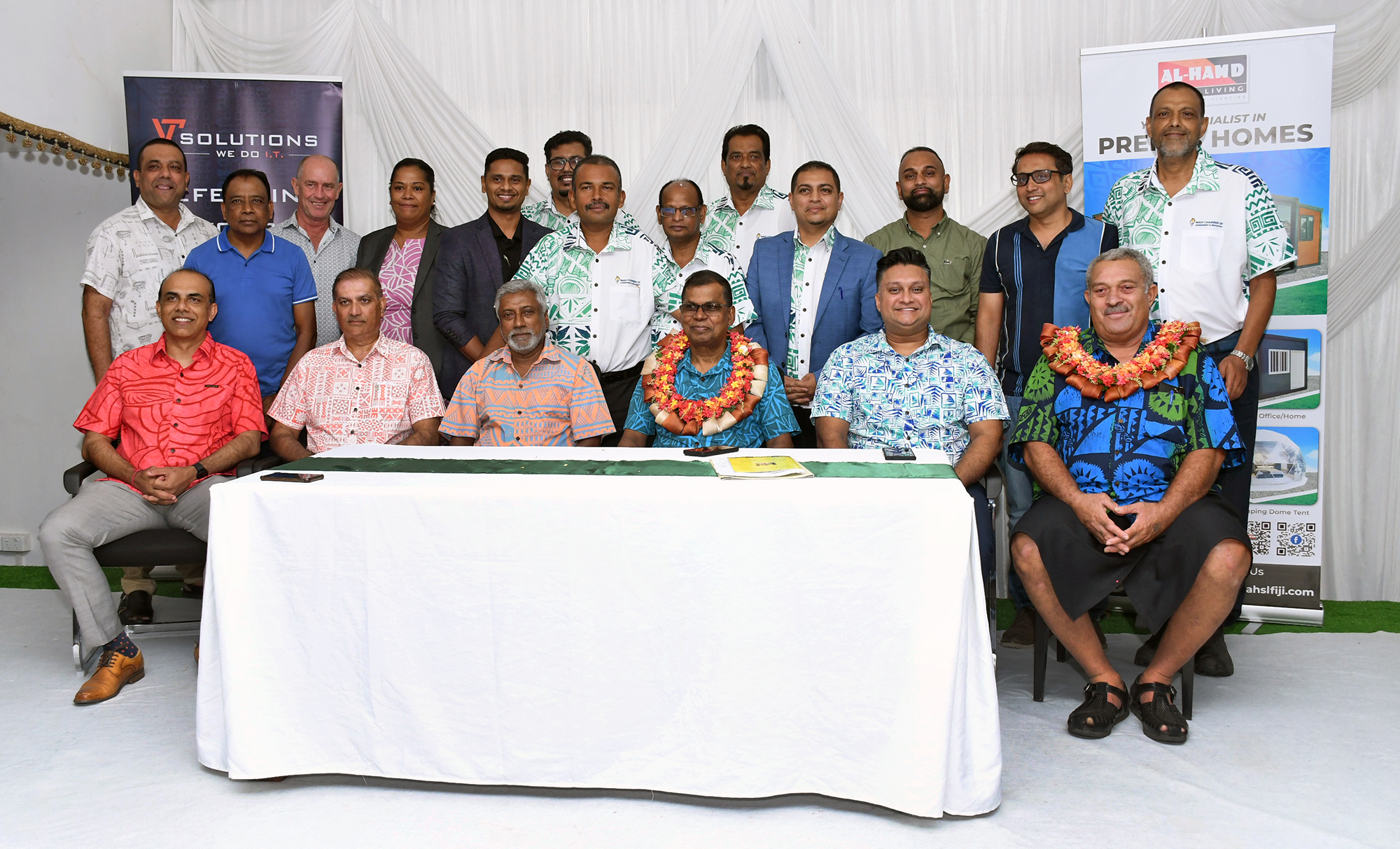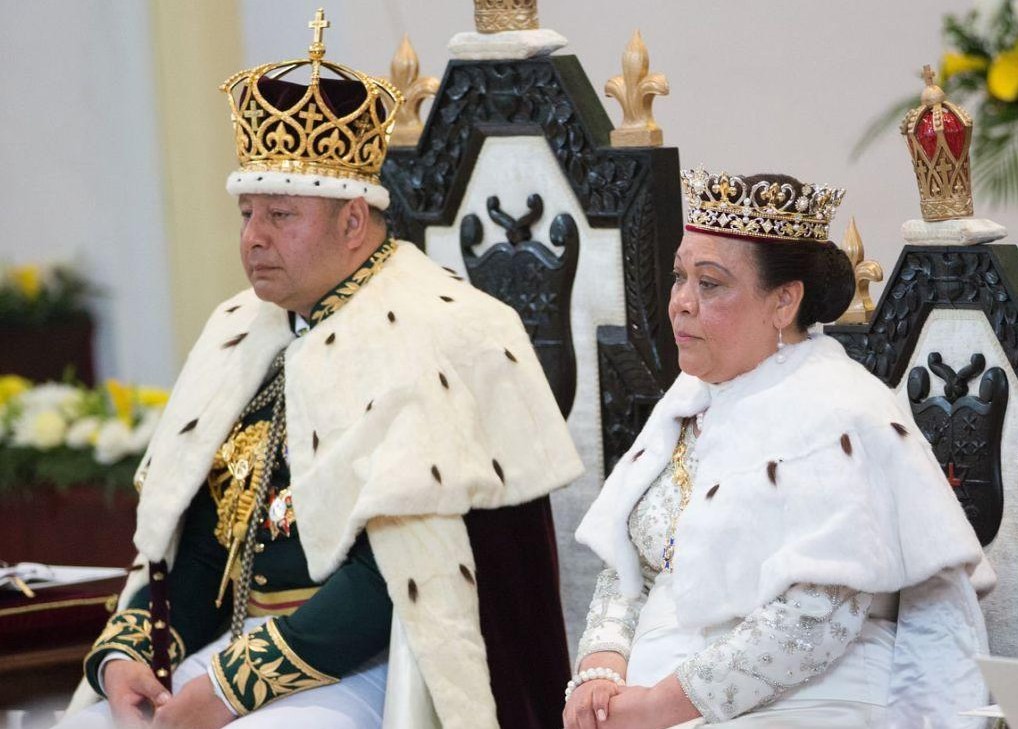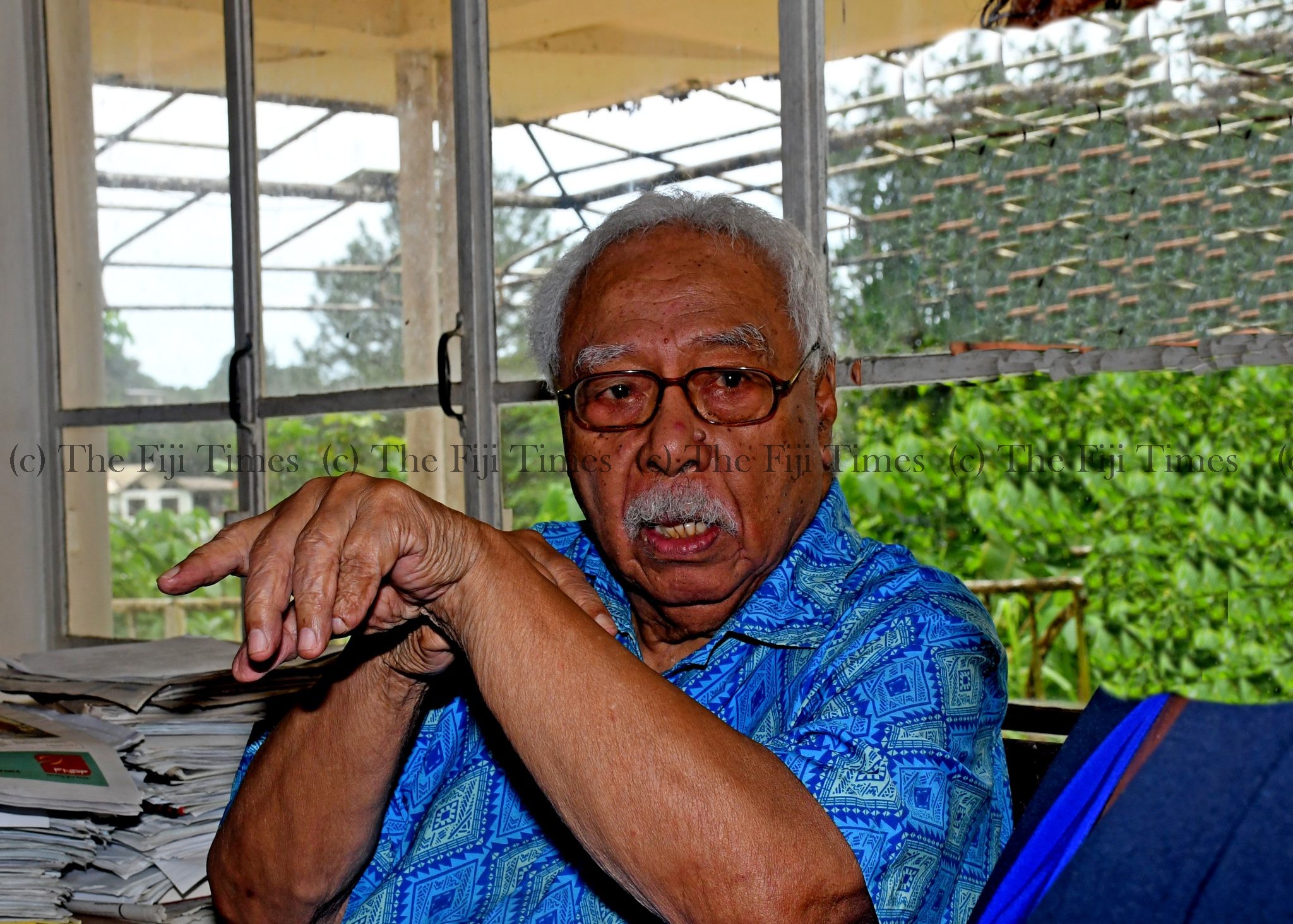IT is time to Prioritise Mental Health in the Workplace”.
That was the theme for this year’s World Mental Health Day, commemorated on October 10.
Chosen through a global vote involving World Federation for Mental Health (WFMH) members, stakeholders and supporters, the theme was a call to action that resonates worldwide.
While many people focus more on their physical health by eating healthy food and doing regular exercise, they tend to forget about their mental health.
The WFMH says adults who are employed spend more time working than any other activity during their waking hours.
While announcing this year’s theme in April, WFMH president,Tsuyoshi Akiyama ,said in a myriad way, and at its best, work can provide a livelihood and be a source of meaning, purpose and joy.
“However, for too many people, work falls far short of its potential, failing to enhance our lives and detracting from our mental health and well-being in ways that result in excessive distress and mental ill health,” he said.
“Mental health issues such as depression and anxiety are pervasive in workplaces globally, impacting productivity, attendance and overall performance.
“When left untreated, the staggering economic cost is estimated at US$1 trillion annually by the WHO,” he said.
Being an NGO focusing on providing counselling and social work support services, Empower Pacific continues to assist the employed and unemployed, including children facing issues affecting their mental health.
Through the referral of their employers, employed people have sought counselling for issues at work, impacting aspects of their personal life that eventually affect their mental health.
In some cases, it is a combination of issues at work and home life that cause people to struggle in coping with everyday life.
Those facing mental health issues that affect their work have been referred to the NGO for counselling assistance as part of the Employee Assistance Program (EAP).
This is a partnership that Empower Pacific has with corporates and other organisations.
But some people have also either walked in to the NGO’s offices around the country for help or by calling its 24/7 toll-free counselling helpline 5626.
According to the World Health Organization (WHO), decent work is good for mental health.
It says, however, that poor working environments, including discrimination and inequality, excessive workloads, low job control and job insecurity pose a risk to mental health.
Furthermore, it says that 15 per cent of working-age adults were estimated to have a mental disorder in 2019.
“Globally, an estimated 12 billion working days are lost every year to depression and anxiety at a cost of US$1 trillion per year in lost productivity,” says WHO.
“There are effective actions to prevent mental health risks at work, protect and promote mental health at work, and support workers with mental health conditions.”
WHO adds that almost 60 per cent of the world population works, adding that “all workers have the right to a safe and healthy environment at work”.
It says that decent work supports good mental health by providing;
- a livelihood;
- a sense of confidence, purpose and achievement;
- an opportunity for positive relationships and inclusion in a community, and
- a platform for structured routines among many other benefits.
Furthermore, WHO says risks to mental health at work can include;
- under-use of skills or being under-skilled for work;
- excessive workloads or work pace, understaffing;
- long, unsocial or inflexible hours;
- lack of control over job design or workload;
- unsafe or poor physical working conditions;
- organisational culture that enables negative behaviours;
- limited support from colleagues or authoritarian supervision;
- violence, harassment or bullying;
- discrimination and exclusion;
- unclear job role;
- under or over-promotion;
- job insecurity, inadequate pay, or poor investment in career development; and
- conflicting home/work demands.
According to Mr Akiyama, the COVID-19 pandemic pulled the curtain back on the dramatic need to address mental health issues in the workplace.
“Today, around the world, enlightened leaders strive to meet their duty of care, recognising that addressing the mental health needs of their workforce is not only beneficial for individuals but also for healthy and high-performing organisations,” he said.
“The data consistently demonstrate that prioritising workplace mental health is good for people, companies and communities.”
The World Mental Health Day 2024 highlights various aspects of mental health at work, from workplace conditions and stress management, to the importance of social inclusion and empowerment.
Mr Akiyama said the goal was clear – to champion mental health in the workplace and build best practices that create cultures where workers have the potential to contribute productively and thrive.
He believes global collaboration and partnerships with all stakeholders, including business corporations, could make a tangible difference.
“Altogether, let us prioritise mental health in the workplace and create a brighter future for all,” Mr Akiyama said.
Either you are working or not. If you are facing issues that are affecting your mental health, reach out and call the 24/7 toll–free counselling helpline 5626 and talk to a qualified counsellor.
The Empower Pacific toll-free counselling helpline is supported by the New Zealand Ministry of Foreign Affairs & Trade, with radio advertisements sponsored by the Rotary Club of Suva
Peninsula Sunset and the Fijian Broadcasting Corporation.
- AVINESH GOPAL is Empower Pacific’s media and communications officer based in Lautoka. The views expressed in this article belong to the author and do not necessarily reflect the views of this newspaper.






